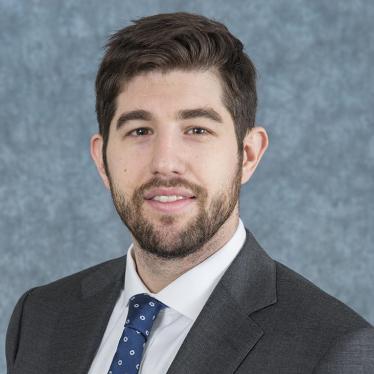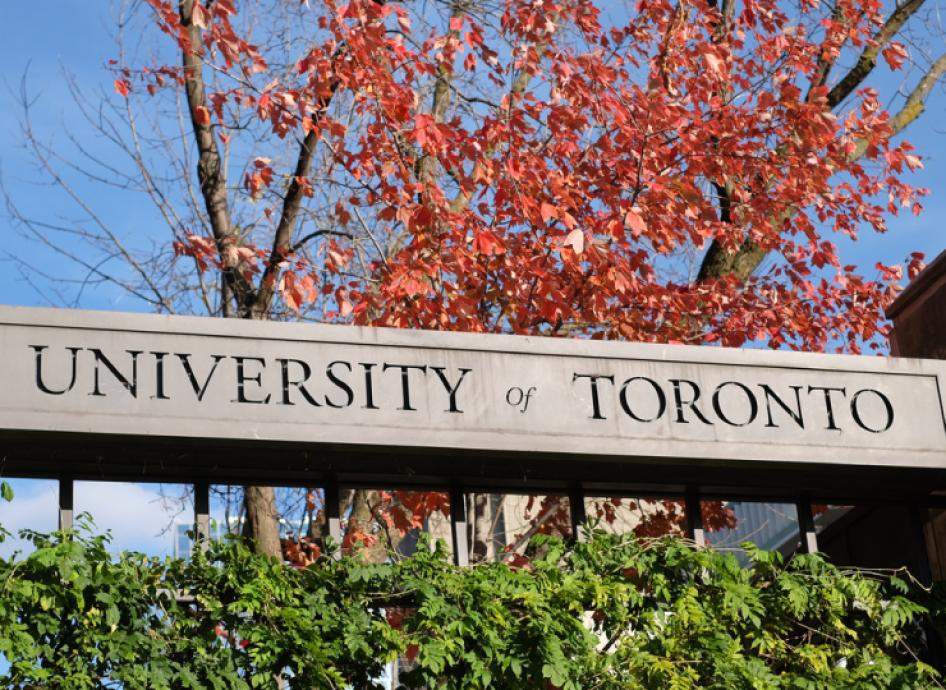Last summer, a hiring committee unanimously selected Dr. Valentina Azarova to direct the International Human Rights Program at the University of Toronto’s law school. When the school’s dean stopped Azarova’s hire under disputed circumstances, the university commissioned a retired Supreme Court of Canada judge to review that decision.
At the heart of concerns is that her appointment was blocked because some of her academic work was critical of Israel’s human rights record. The judge in his report acknowledged that after Azarova’s name was leaked to the Centre for Israel and Jewish Affairs (CIJA), a pro-Israel advocacy group, a quiet effort began to stop her appointment. He found that days before her appointment was terminated, a former board member of the lobby group, who is a major donor to the university, contacted the university after a CIJA official advised him to warn the university’s leadership that her hire would spark “a public protest campaign [that] will do major damage to the university, including in fundraising.”
However, despite these facts, the judge, who in the middle of his review, gave a keynote address at a conference hosted by the CIJA, sided with the university’s claim that immigration issues were behind the decision. Taking at face value the position of the dean, the judge concluded, “I would not draw the inference that external influence played any role” in the dean’s decision. Rather than attempt to reconcile his conclusion with the sudden termination of the hire following the donor’s intervention, he said his review would not assess the credibility of disputed factual claims.
Several professors at the law school have rejected the report. Last week, the Canadian Association of University Teachers found the explanation for the termination so “implausible” that, for the first time since 2008, it imposed a censure for “a serious breach of widely-recognized principles of academic freedom.” The association has asked its 72,000 members to not accept any speaking engagements or positions until the university takes appropriate measures. The university argues that academic freedom does not protect a human rights program director because they perform a “managerial” job. “I think we will carry on with business as usual,” University of Toronto President Meric Gertler said of the censure.
For full disclosure, Dr. Azarova’s spouse works at Human Rights Watch. But this case is about much more than the individuals involved: it speaks to the core of what academic freedom means and the principle that no country should be off limits for critique of its rights record. Human Rights Watch’s academic partnership with the University of Toronto law school needs to be based on upholding these values for it to continue. Rather than washing its hands of the case, the university’s leadership should grapple with the unresolved concerns that the university has compromised its academic freedom.

